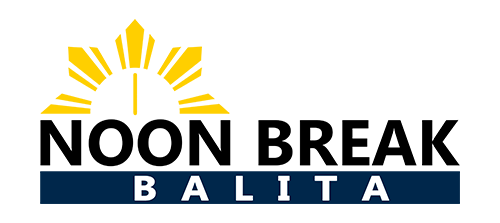LUCENA CITY—A recent workshop held here has set the stage for the development of a comprehensive roadmap that aims to shape the future of Quezon province’s coconut industry.
Held on 16-17 May 2023, the workshop was jointly organized by the Southeast Asian Regional Center for Graduate Study and Research in Agriculture (SEARCA), the Provincial Government of Quezon through the Office of the Provincial Agriculturist (OPAg), and the Philippine Coconut Authority (PCA) Region IV.
In attendance were 40 representatives from DA, DA-ATI CALABARZON, Department of Trade and Industry (DTI)-Quezon, Technical Education and Skills Development Authority (TESDA)-Quezon, National Dairy Authority (NDA), Local Government of Agdangan-Office of the Municipal Agriculturist (OMA), Local Government Unit (LGU)-Pagbilao, LGU-Tayabas, Office of the Municipal Agriculturist (OMA) Catanauan, Southern Luzon State University, Land Bank of the Philippines, Quezon Federation and Union of Cooperatives, Pederasyon ng Magniniyog sa Quezon (PSMQ), Greenlife, Samahan ng Maniniyog at Maglalambanog sa Wakas at Ibabang Nangka (SAMAWIN), and Yakap at Halik Multi-Purpose Cooperative.
Noting that the workshop brought together key stakeholders from various sectors, SEARCA Director Dr. Glenn Gregorio said the workshop yielded significant outputs that will serve as crucial inputs for the formulation of the coconut roadmap document.
According to Dr. Ana Clarissa Mariano, Quezon’s Provincial Agriculturist, Quezon Province has the highest number of coconut trees and a substantial population of coconut farmers. She thus emphasized the need for a well-structured coconut plan tailored to the province’s unique circumstances.
The initial SWOT findings were augmented by SWOT analyses of specific coconut-based commodities, namely, virgin coconut oil, copra, coco sugar, and lambanog undertaken and presented by the workshop participants.
Planning officer John Arrish Ocampo facilitated the discussions after presenting the roadmap’s vision, mission, goals, and key result areas (KRAs) and noted the comments from the stakeholders. This set the stage for the action planning wherein the participants identified specific strategies and key performance indicators in relation to the identified KRAs for each of the four coconut-based commodities.
“The workshop outputs will be consolidated and used as inputs to the coconut roadmap, which is anticipated to provide a comprehensive strategy and action plan to guide the growth and development of Quezon Province’s coconut industry for long-term sustainability,” the SEARCA Director said.







